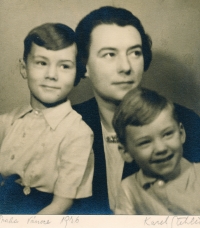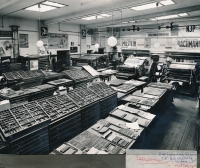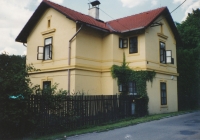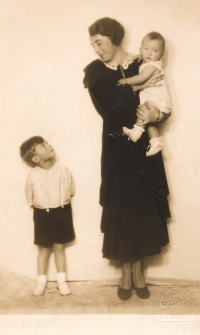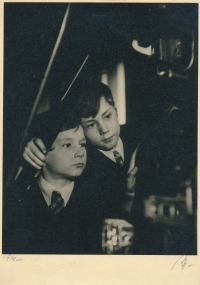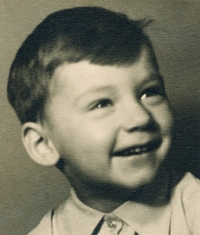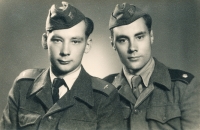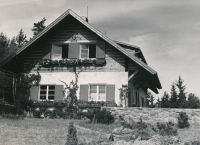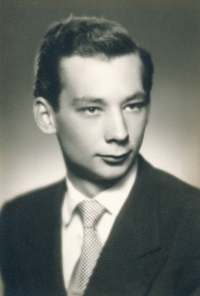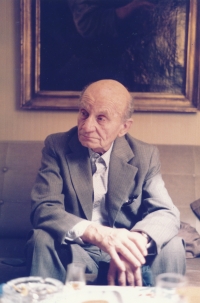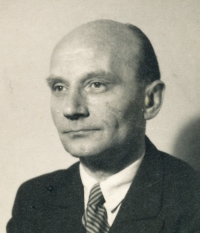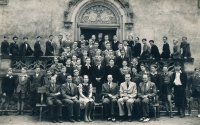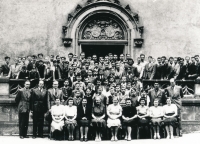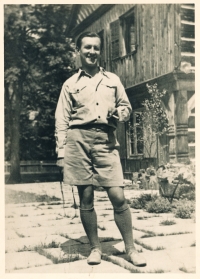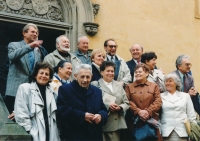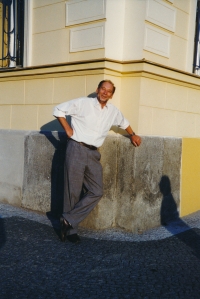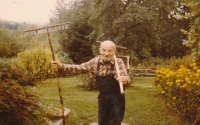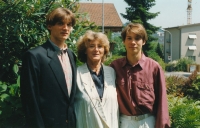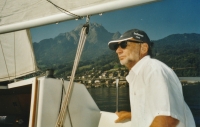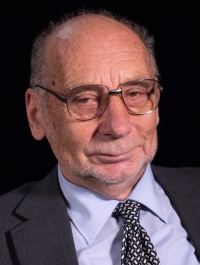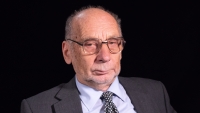You have to carry on the family tradition
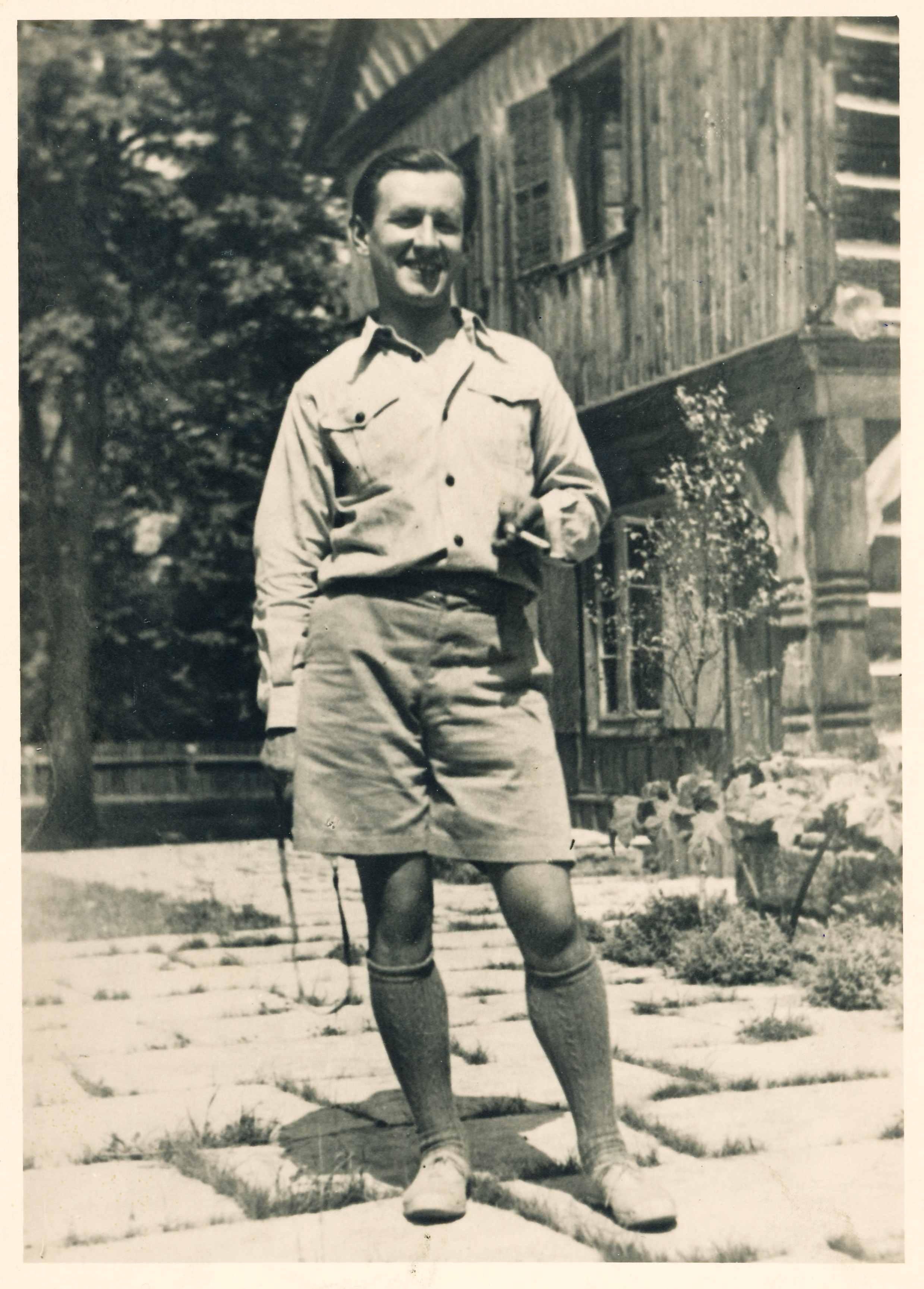
Stáhnout obrázek
Vladimír Grégr´s ancestry traces back to Eduard Grégr, a nationalist politician, and Julius Grégr, founder of Národní listy (The National Newspaper). Since the 19th century his family ran a printing company in Praha´s Nové Město (The New Town). During the Second World War, his paternal uncle, also Vladimir, had been executed for participating in anti-German resistance. Vladimír Grégr was born on April 5th of 1933 in Praha. After the war, he studied at The King George of Poděbrady Central Bohemian College (Středočeská kolej krále Jiřího z Poděbrad) with Miloš Forman and Václav Havel among his classmates. After February 1948, as his family´s fortune had been nationalised, he was allowed to take a secondary school leaving examination, but after that, instead of going to college, he had to do the compulsory military service. He had been working at the Energoprojekt company, later serving as a construction site supervisor at Orlík Reservoir construction site. At the same time, he had been studying Construction Economics at ČVUT (Czech Technical University in Prague). In the 60s, he was a road construction supervisor at the District Investment Enterprise (Krajský investiční podnik). In 1968, he emigrated with Jana, his girlfriend and wife to be, and after spending some time in Traiskirchen refugee camp in Austria, he settled in Luzern, Switzerland, where he has been living since. In Switzerland, he had been working at a cantonal office for road construction management and he also had been associating with Czechoslovak émigrés. After 1989, the Grégr family got the printing company back in a run-down condition. The family abandoned the printing business but kept the building in their possession after the reconstruction.
